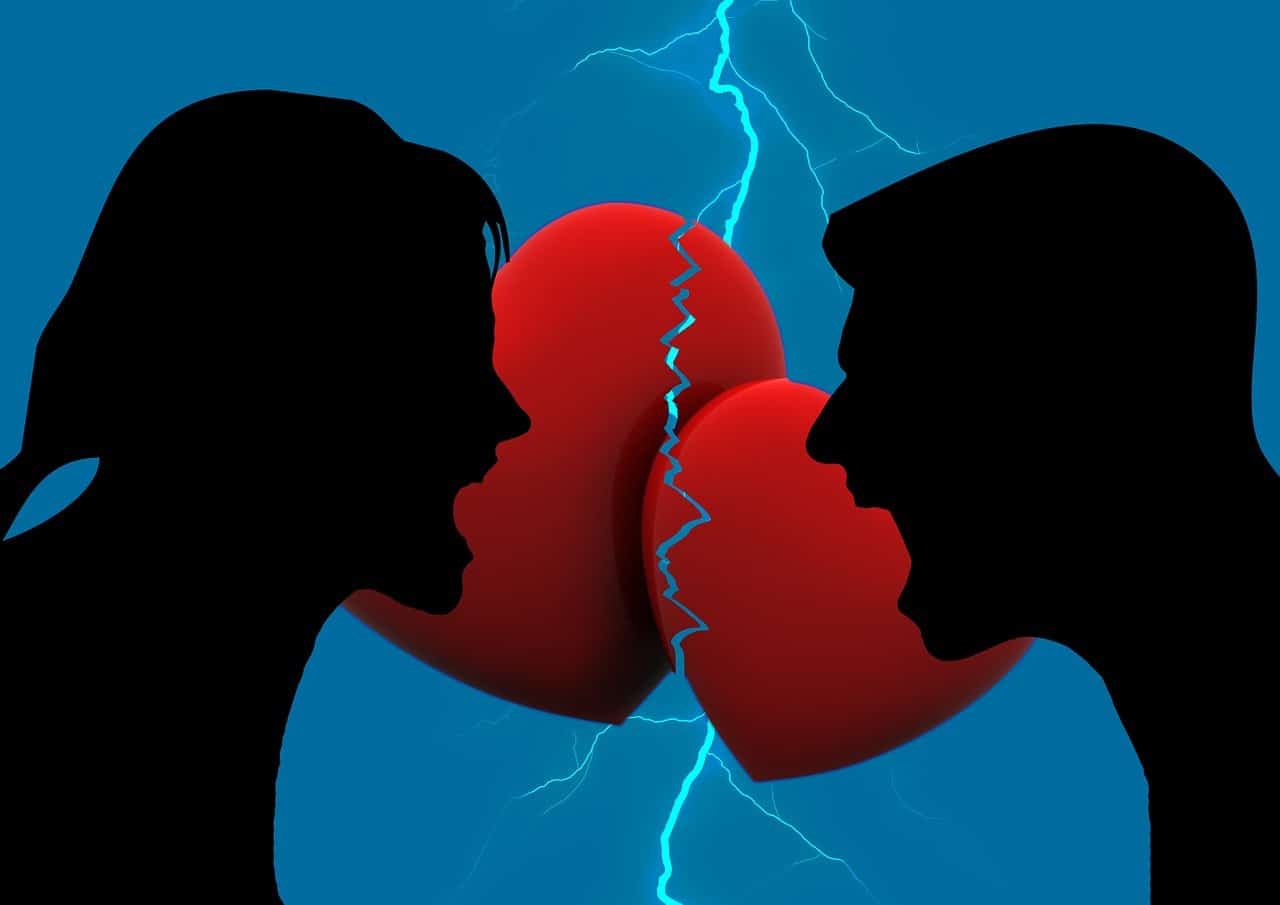
It is often said that from hate to love, and vice versa, there is a step.
Hate is antipathy and aversion towards something or someone . It is a negative feeling that is channeled in the form of a wish for evil for the hated subject or object.
Hate is linked to enmity and repulsion : people try to avoid or destroy what they hate. In the case of hatred towards another human being, the feeling can be reflected through insults or physical attacks.
Hate and love
Hate is usually considered to be the opposite of love . There are those who believe, however, that there is a step from hate to love (and vice versa), since hate is always directed towards someone who is considered important and who mobilizes the individual. In this sense, the opposite of love would be indifference and not hatred.
Precisely, hate is still a bond with the other person, even if it is not a healthy one but rather represents a deep disappointment and, many times, a desire for revenge . Regardless of the clichés, in most cases you really hate someone you loved or at least respected very much, and that is why these apparently opposite feelings are related.
Hate is not always irrational . It is normal to hate those who make us suffer or threaten our existence. For example: "I hate the murderers of my parents" , "The official who stole the money that was going to be used for the construction of a hospital earned the hatred of the people ." What is healthy is to transform that negative energy into positive action (demanding justice, in the case of the examples mentioned).
The bond with parents
Parents are among the first people we can come to hate, even if only temporarily to "train" ourselves in this bitter feeling .
The relationship with them is unique and unrepeatable, because they are the first adults we meet, our reference for the future, who protect us and teach us our first words, how to walk, how to read and write, etc. We consider them gods, perfect beings who will never fail us; When they do, disappointment is impossible to contain, and often turns into hatred.

Many times hate leads to violence.
From hate to violence
Violence is usually a consequence of hate. When a state is about to declare war, it usually promotes hatred towards the enemy among citizens and soldiers. In this way, violent actions will appear justified and will not generate rejection or mixed feelings in society .
This strategy is as common as it is twisted, since it implants hatred against others in entire towns to the point that it becomes an almost genetic inheritance, which is reproduced generation after generation until they lose their sense, one that they probably never had. It is unreasonable to hate an entire country, but wars achieve this and much more.
There is no great difference between this phenomenon and the development of racism , sexism or any other form of contempt , which becomes a feeling as deep-rooted as hatred. In fact, this concept is used to summarize it in one word, in part because the actions of racist and sexist people are often extremely violent , as if they were seeking revenge: shooting someone of another race or stoning a person with a stone. Sexuality different from one's own are two examples that demonstrate the existence of negative feelings, and not a mere difference in tastes or ideas.
Indifference is mentioned above as a possible vertex opposite to love, and this can be understood by comparing what we feel for our friends and for a stranger passing by on the street. When a racist person's blood boils because they see a stranger whose skin color is different from their own, the situation is worrying.
